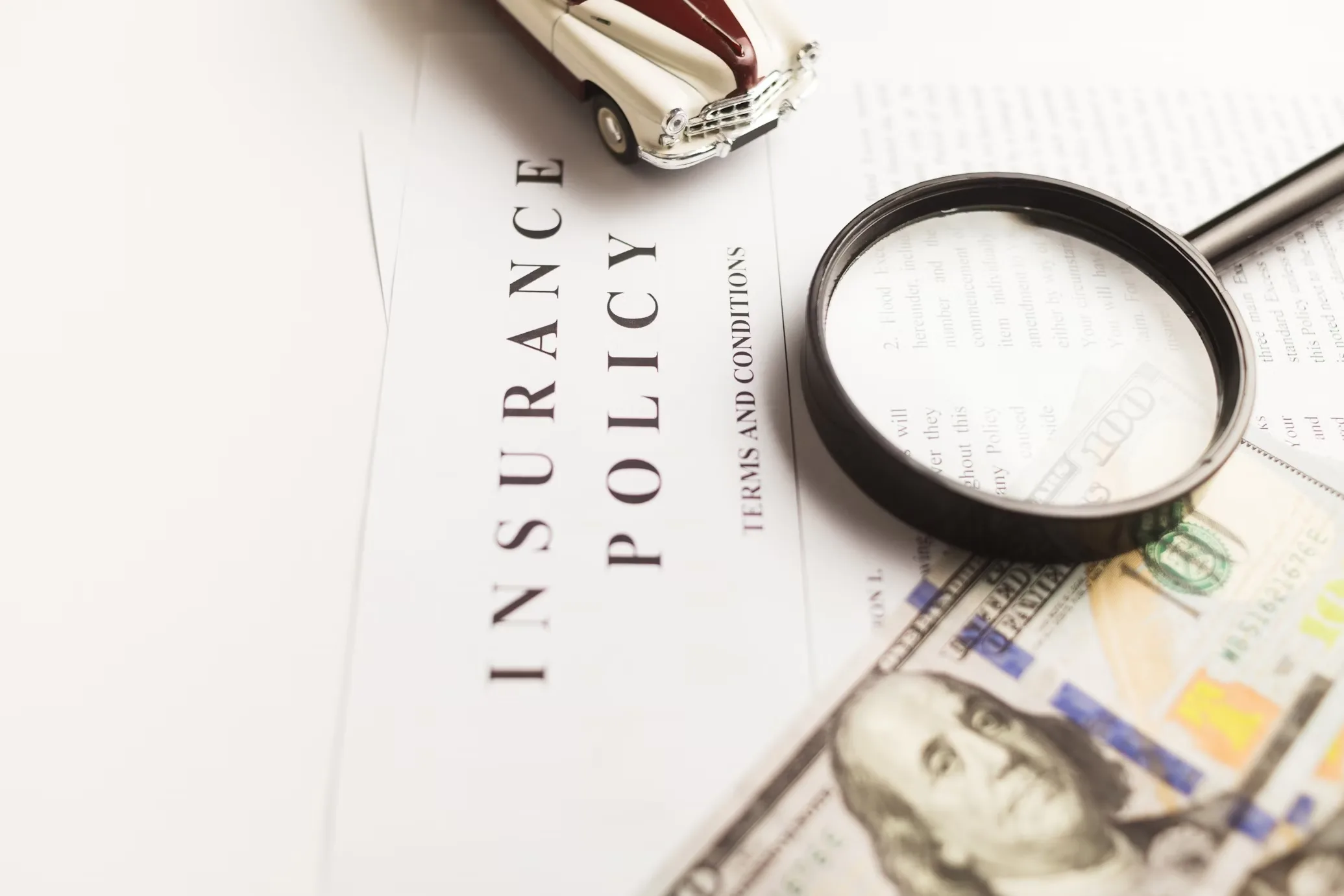You might think it quite exhausting to navigate the ever-complex insurance claim processes after your accident. There are too bothersome forms and other nitty-gritty things you need to attend to while still suffering from physical, mental, and sometimes emotional ordeals from your accident. They’ll be the same fix to face, even if it’s your loved one or a family member who had an accident.
Managing all these troubles can be a lot easier if you’re armed with a list of all your must-dos, like the checklist here, to maximize your auto insurance claim.
Some Steps to Maximize Your Claim
1. Document the Accident Scene
Most people who get into motor vehicle accidents are always advised to document the accident scene thoroughly. Your documents, if you’re the one who suffered, will give proof that, indeed, you experienced a mishap and you’re claiming compensation because you suffered from it.
So, take clear photos of all vehicles involved, including actual car positions when the accident happened, and focus your cam on every visible damage. You need to capture detailed pics like the location of skid marks or debris and other details that may help you reconstruct events leading to the accident. These photos will serve as competent evidence to support your claim.
These images will also provide your insurance company with visual documentation of the damages you sustained. It’s like providing a detailed and comprehensive story or evidence that will leave no room for your claim to be doubted or rejected.
2. Seek Medical Attention
It’s better to seek medical attention even if you don’t feel like you’re seriously injured. However, it’s most important that you seek prompt medical attention after your accident for your health and your insurance claim.
You prioritize your well-being and make sure your injuries are properly diagnosed and treated by seeking medical care immediately. Also, prompt medical attention will provide proper and detailed documentation of your injury to help strengthen your claim for compensation.
For example, if you experience whiplash, like neck pain, headaches, dizziness, or vertigo, after a rear-end collision, seeking medical attention right away will be most helpful. It can directly link the accident and your injuries, bolstering your claim for medical expenses and possible pain and suffering compensation.
3. Report your Accident Promptly
It’s best to report your accident right away, especially to your insurance company, so your claims can be processed immediately. However, you may need to ring the police, especially if there are serious injuries or raised voices are starting to get out of hand, arguing about faults and all.
Your prompt reporting may help you and your insurer meet material policy dates. It will also start the process of rolling for your claims, especially the steps needed to really assess how much damage the accident has wrought.
Your timely reporting will allow all concerned, like your insurance company, to get important information while the facts are still fresh. Remember, the sooner you report, the better for you because it will mark the beginning of your process to getting the compensation you really deserve.
4. Keep Records
It will be in your favor if you keep detailed records of all accident-related expenses to help support your claim for compensation. You also need to maintain thorough records of medical bills, vehicle repair estimates, rental car costs, and any other out-of-pocket expenses you paid after an accident.
Like, when you need to visit a doctor for the injuries you sustained during the accident, always keep copies of all medical bills and receipts. The same is true if you need to rent a car while yours is still at the repair shop–always ask and save all rental receipts.
They’re records that will serve as your evidence of the financial challenges you were forced to face because of the accident. These will all support and strengthen your claim for justifiable compensation.
5. Understand Your Coverage
When you have a competent understanding of your auto insurance coverage, you can ably maximize the compensation available as guaranteed by the law. So, take the time to familiarize yourself with your policy’s terms and coverage limits. You need to know what types of damages are covered, such as vehicle repairs, medical expenses, and property damage.
For example, if your policy has a deductible, understand how it affects your out-of-pocket and other expenses. Knowing all your coverage limits can help you make informed decisions during the claims process and make certain that you receive the maximum compensation available under your policy.
So, be proactive, and don’t hesitate to contact your insurance company if you have any questions or need clarification on your coverage.
6. Be Honest and Accurate
It will make your claims process smoother if you’re honest and accurate when filing your insurance claims. You need to provide truthful information about the accident, which may include all the events leading up to it and the extent of damages you sustained.
For example, if you were at fault for the accident, it’s best to admit it to your insurance company. Misrepresenting facts or exaggerating damages can undermine your credibility and jeopardize your claim. One factual misrepresentation might deny your claim altogether.
Of course, your insurer will investigate all the details of the accident, so your honesty in all aspects is essential. By providing accurate information, you make sure that there’s a fair assessment of your claim. It, in turn, increases your likelihood of receiving the compensation you equitably deserve.
7. Consider Hiring Professional Help
If you find it quite challenging to handle the claims process or negotiate with your insurance company, it might be best to hire professional help. Hiring a public adjuster or a legal expert to represent you might prove to be more beneficial. These experts can easily advocate on your behalf–they can easily safeguard your interests and help you maximize your compensation.
For example, a public adjuster can assess damages accurately and negotiate with the insurance company for a fair settlement. Similarly, an attorney can provide legal guidance and represent your cause in any legal proceedings related to the claim. Having professional assistance can ease your burden and increase your chances of a favorable outcome.
Conclusion
You may say that handling auto insurance claims is quite beyond your turf, but these steps can help you go through them and get the compensation you rightfully deserve.
Just document the accident, promptly see a doctor, report it real quick, keep your records comprehensive, know your coverage, be honest, and consider getting experts to help you, especially when you’re stuck.
Following these tips may not be strictly by the book, but they’re handy, will make your claims process easier, and will boost your chances of compensation.






